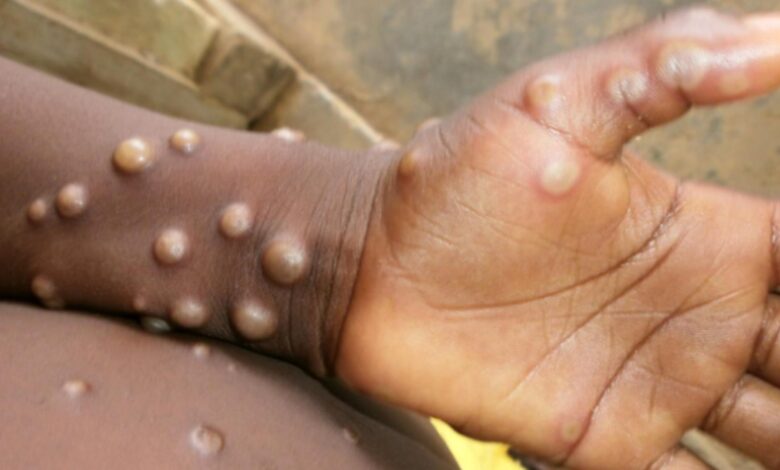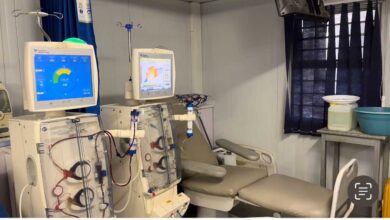Sweden confirms first case of Mpox

Sweden has confirmed its first case of Monkeypox just a day after it was declared a public health emergency in Africa.
Africa has been grappling with a surge in mpox cases, driven by a highly contagious new variant.
This viral disease, which was first detected in the 1970s, spreads through close contact with infected individuals or animals.
Symptoms resemble the flu, accompanied by painful, pus-filled lesions; and while most cases are mild, mpox can be fatal.
The newly identified clade 1b variant poses a significant threat to vulnerable populations, including children, pregnant women, and those with weakened immune systems.
Although Ghana is yet to record any case of Mpox in 2024, the World Health Organisation has classified the country as amongst 19 high risk countries to the disease, due to its close proximity to affected countries and its history with the disease.
Meanwhile, the Ghana Health Service has heightened its surveillance on Mpox to ensure it does not enter the country.
In an interview with Director for Public Health, Dr Franklin Asiedu Bekoe, he said, “We have heightened surveillance, and the clinicians are also being re-trained. Early detection is what we are working on and thankfully, we have the reference laboratory that has also improved our case confirmation from relying on Noguchi alone previously.
“Sensitisation is also going on and there are even discussions ongoing by WHO for it to be declared a public health emergency of international concern so that we can all intensify efforts to prevent a wider outbreak.”
Central and Western Africa are the primary hotspots, with the Democratic Republic of Congo experiencing the largest outbreak.
Alarmingly, children under 15 account for 70% of cases and 85% of fatalities.
There is no approved treatment for Mpox, according to the Africa Centres for Disease Control and Prevention (CDC)
However, a two-dose vaccine has been developed to offer protection against the virus.
Also avoid skin-to-skin, face-to-face and mouth-to-Skin contact, clean hands, objects, surfaces, bedding and towels regularly and wear a mask if you can’t avoid close contact.
Read also:
WHO directs health authorities in all countries to manage Mpox using existing guidelines






